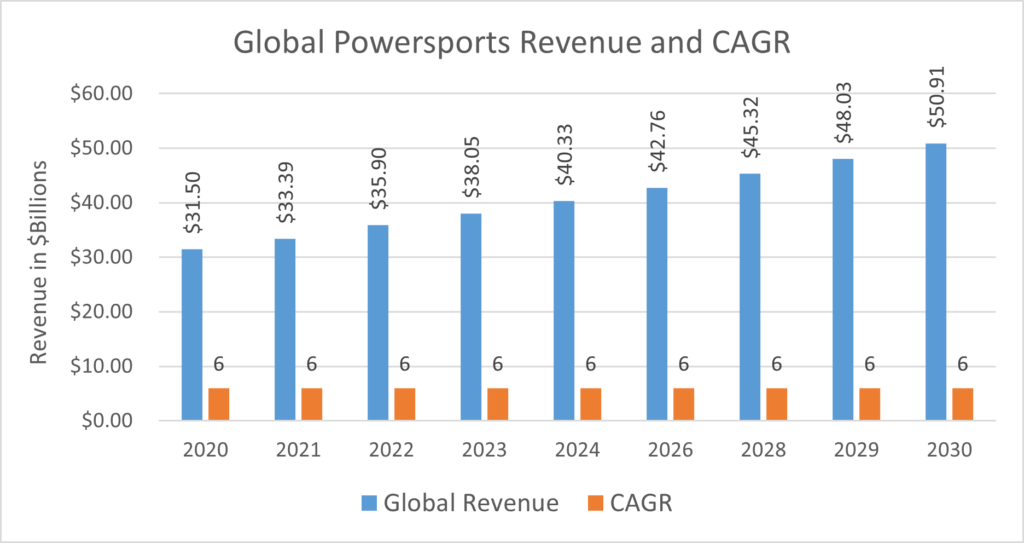DATAPOINT: North America Utility Vehicles, 2022 Production: 432,700 Units
Four-wheel off-road Utility Vehicles with side-by-side seating are designed to be used in a variety of recreational, industrial and military applications. When equipped with dumpers, they are commonly used for landscaping, dumping and transporting light materials. Vehicles can be customized with enclosed cabs, tool racks, dumpers and more for use on college campuses, parks, corporate campuses and airports. Suppliers offer a wide variety of gas, electric and diesel utility vehicles.
This information comes from industry interviews and from two proprietary databases maintained by Power Systems Research: EnginLink™ , which provides information on engines, and OE Link™, a database of equipment manufacturers.
Exports: Canada, up to 90%; Mexico, up to 85% for NA markets, and US, up to 40% worldwide.






